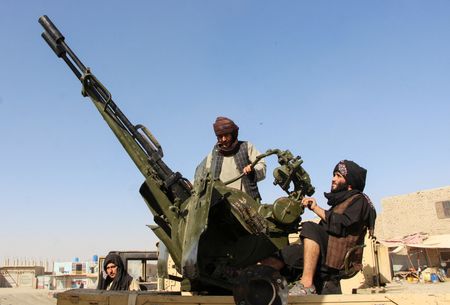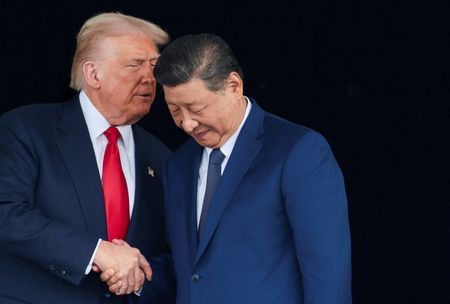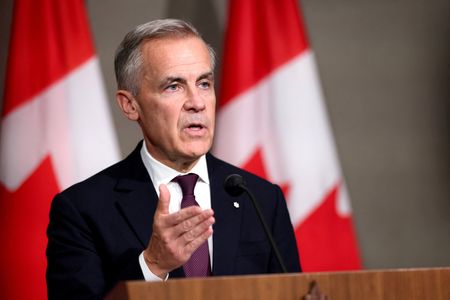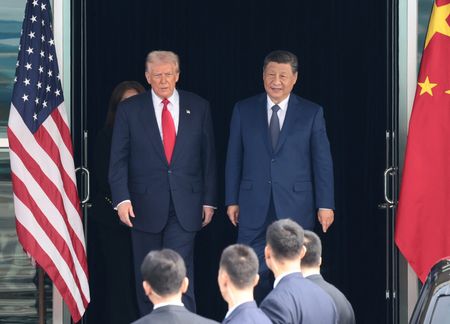By Asif Shahzad
ISLAMABAD (Reuters) -Afghanistan and Pakistan have resumed peace talks in Istanbul, four sources familiar with the matter said on Thursday, a day after Islamabad said the discussions had ended in failure.
Three of the sources said the nations had recommenced talks at the request of mediators Turkey and Qatar, to ensure they do not resume border clashes that have killed dozens this month.
One of the sources, a Pakistani security official, said Islamabad would press its central demand at the talks that Afghanistan take action against Islamist militants using its territory as a safe haven and to plan attacks on Pakistani soil.
“Most of the issues between Pakistan and Afghanistan have been resolved successfully and peacefully. A few demands from Pakistan need some extra time as they are difficult to be agreed upon,” said a source close to the Afghan Taliban delegation.
Islamabad accuses the Taliban of harbouring the Pakistani Taliban, a separate militant group hostile to Pakistan, and allowing them to attack Pakistani troops from Afghan territory. Kabul denies this, saying it has no control over the group.
The sources declined to be named as they are not authorised to comment publicly on the issue.
The Afghan Taliban and Pakistan’s military and foreign office did not immediately respond to requests for comment.
In Kabul, Interior Minister Sirajuddin Haqqani, speaking at a meeting at the Interior Ministry in a video posted online, urged Pakistan to address its own internal security problems instead of creating tensions in Afghanistan, warning that doing so would “cost them dearly.”
He said Afghanistan sought peaceful engagement with all countries but would defend itself if attacked. Haqqani said the Taliban had demonstrated strength both in conflict and in dialogue, adding that Afghanistan wanted relations based on mutual respect.
TALKS AIMED TO PREVENT REPEAT OF VIOLENCE
Dozens of people were killed this month along the border between Afghanistan and Pakistan in the worst such violence since the Taliban took power in Kabul in 2021.
The October clashes began after Pakistani airstrikes earlier in the month on Kabul, the Afghan capital, among other locations, targeting the head of the Pakistani Taliban.
The Afghan Taliban administration responded with attacks on Pakistani military posts along the length of the 2,600-km (1,600-mile) frontier, which remains closed.
Both nations agreed to a ceasefire brokered in Doha on October 19, but could not find common ground in a second round of talks mediated by Turkey and Qatar in Istanbul, Afghan and Pakistani sources briefed on the issue told Reuters on Tuesday.
Clashes between the Pakistani military and the Pakistani Taliban have continued throughout the ceasefire period, with multiple deaths reported on both sides on Sunday and Wednesday.
Pakistan said on Thursday it had killed a deputy leader of the group in an operation near the Afghan border, a victory for Islamabad in the years-long insurgency it has been fighting.
Qari Amjad, who Pakistan described as a “high-value target” and who was designated as a terrorist by the United States, was killed in a clash after trying to cross into Pakistan from Afghanistan. The militant group confirmed his death.
(Reporting by Asif Shahzad in Islamabad and Mushtaq Ali in Peshawar; writing by Alasdair Pal; editing by Mark Heinrich)











